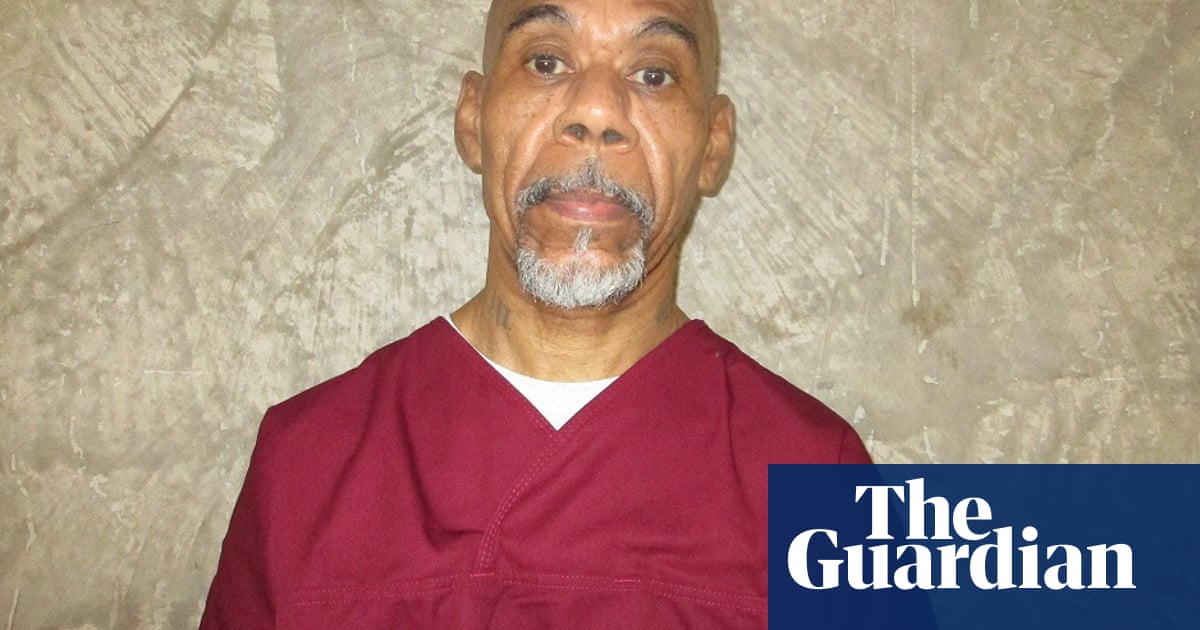Rise in Executions Amid Controversy in the US
A Sharp Increase in Executions
This week marks a stark uptick in the number of scheduled executions across the United States. Four individuals are set to be executed in Alabama, Florida, South Carolina, and Oklahoma, reflecting a renewed push for capital punishment, particularly within Republican-controlled states. This resurgence comes amidst growing concerns over execution methods and the potential for wrongful convictions.
State Responses and Legal Challenges
While Alabama, Florida, and South Carolina have confirmed execution dates, Oklahoma’s scheduled execution has been temporarily blocked by a judge. However, the state’s attorney general is actively challenging this ruling. This pattern of legal maneuvers highlights the contentious nature of the death penalty as states navigate judicial directives and public opinion.
Historical Context and Activism
Civil rights advocates have raised alarms over past executions, arguing they have often been botched and painful. Numerous cases involve individuals claiming they were wrongfully convicted, raised against a backdrop of racial disparities in the justice system. As the landscape moves forward, many civil rights activists are increasingly vocal about the moral implications and legal ramifications of these executions.
The Execution Landscape in 2025
As of now, 19 people have been executed in the United States in 2025 alone. If the current week’s executions are carried out, along with a couple more later this month, the total could reach 25—matching the entire number of executions from the previous year. This rapid increase is notable, as the first half of 2025 is already witnessing the highest execution rate in a decade, as reported by the Death Penalty Information Center.
State-Specific Execution Methods
In Alabama, Gregory Hunt is set to face nitrogen suffocation, a method that has raised ethical concerns. Last year, a similar execution in Alabama was marred by complications, leading to horrific accounts from witnesses. Meanwhile, Florida plans to execute Anthony Wainwright by lethal injection, a method that experts criticize as potentially unconstitutional. The state has faced scrutiny for its use of etomidate—a controversial anesthetic that the manufacturer asserts should not be used in executions. Florida’s aggressive stance on capital punishment reflects a broader trend within Republican-led states.
Oklahoma’s Legal Tangles
John Hanson’s scheduled execution adds another layer to Oklahoma’s complicated legal landscape surrounding the death penalty. Initially sentenced to life in federal prison, Hanson is now on the brink of execution due to state actions fueled by directives from former President Trump. The legal back-and-forth culminated in a temporary stay issued by a district judge, but the state’s attorney general swiftly launched an appeal, illustrating the contentious nature of capital punishment in the state.
South Carolina’s Execution Methods
In South Carolina, the rapid execution of inmates since the revival of capital punishment has raised ethical questions. The state allows defendants to choose between several methods, including firing squad and electrocution. Legal representatives have raised serious concerns about the suffocation-like effects of lethal injections and past incidents of botched executions, highlighting the potential for severe suffering.
Secrecy Laws and Execution Procedures
States like South Carolina have pushed forward with executions under the cover of secrecy laws that protect the identities of drug suppliers used for lethal injections. This lack of transparency has sparked further debate about the morality and legality of capital punishment methods.
Public Sentiment and Political Dynamics
Despite the increasing number of executions in certain states, public support for the death penalty is at an all-time low in the United States, with many Americans advocating for its abolition or reform. The disconnect between political actions and public sentiment is evident, as many elected officials continue to pursue executions despite dwindling enthusiasm for capital punishment.
Reflections on Recent Changes
In a striking contrast, one of Joe Biden’s final acts as president was to commute the death sentences of 37 individuals on federal death row, swapping their punishments for life without parole. While some local prosecutors express interest in pursuing state charges against these individuals in hopes of reinstating the death penalty, they would face significant legal challenges.
The Future of the Death Penalty
As the discussion around the death penalty intensifies, experts and activists within the anti-death penalty movement argue that legislative actions do not necessarily signal a growing acceptability of capital punishment. With decreasing public support and increasing examination of its application, the future of the death penalty remains uncertain and contentious.


